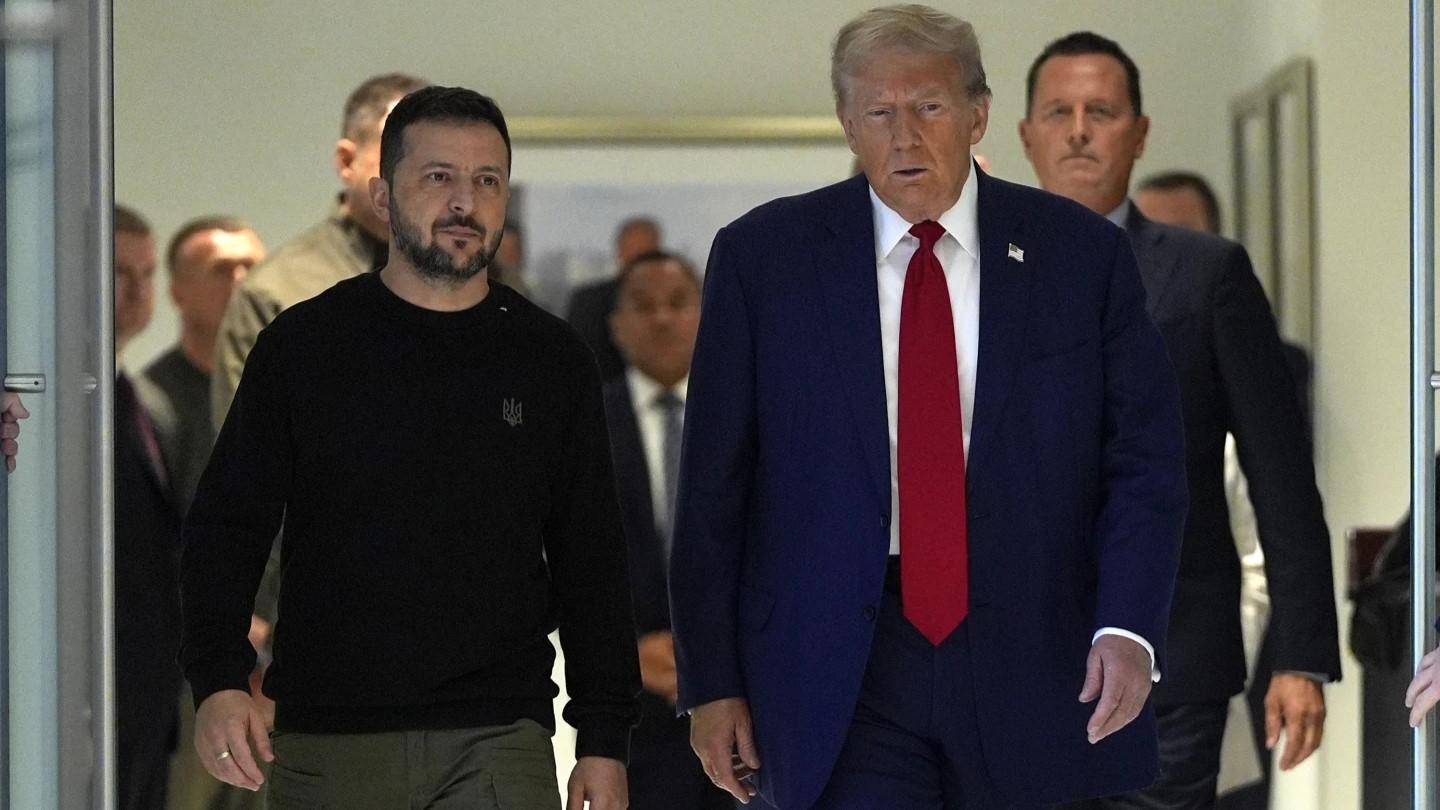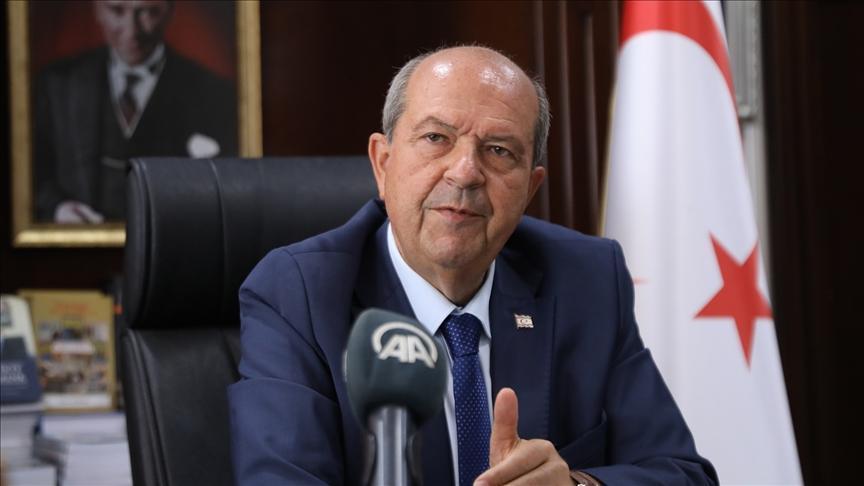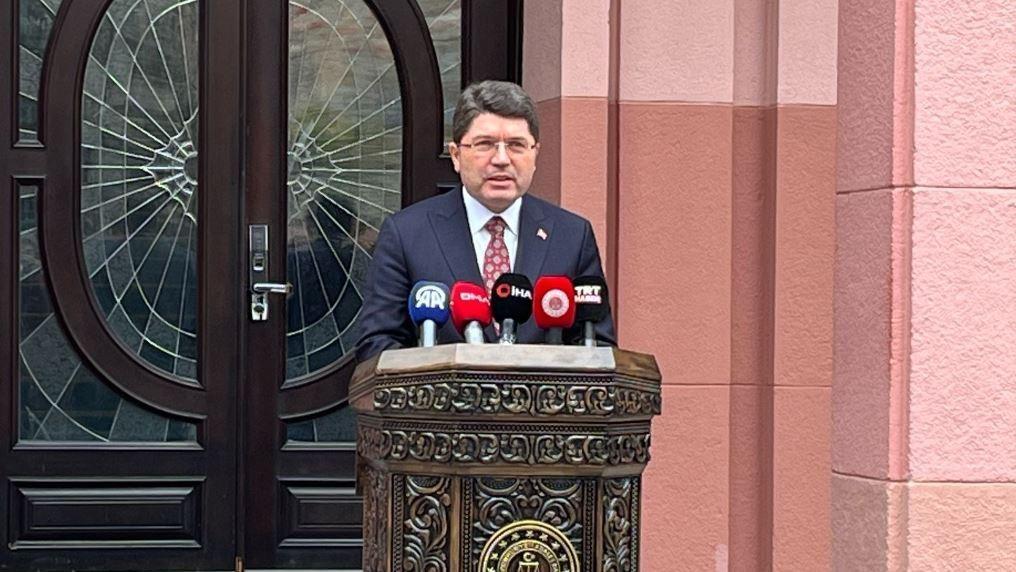Turkey needs to do some serious talking with Turkish Cypriots
Mustafa Akıncı, the president of Turkish Cyprus, is scheduled to speak today at a conference organized by the Economic Development Foundation (IKV).
Following the collapse of peace talks, it must be difficult for someone like Akıncı, who built his whole political career on the reunification of the island, to keep optimism high. His task was already complicated as he was sharing power with a government unenthusiastic about the peace talks and in favor of the continuation of the status quo.
The Turkish government probably is facing, on the one hand, a president who would prefer not to think about an alternative strategy and wait for the aftermath of the elections in Greek Cyprus with the hope of resuming talks, and on the other, a government that would see no problem continuing the status quo as the benefits of the system suits perfectly those at the ruling positions.
But the status quo is untenable, as Turkish Cypriots continue residing on legally controversial lands and properties.
For years the Turkish side was labelled as the one obstructing reunification talks. With the policies of the ruling Justice and Development Party (AK Party), this image was reversed and in the course of the last decade, the Turkish side has shown its good will for a permanent settlement.
In the absence of a settlement, now say some, it is time to take steps that will legitimize the situation with the help of Greek Cypriots who are willing to solve the problem of their remaining properties in the north on a unilateral basis. For there are many Greek Cypriots who are willing to turn their properties in the north into cash through the immovable property commission that was defined by the European Court of Human Rights (ECHR) as an acceptable domestic remedy.
Yet the commission stopped working effectively as the flow of cash from Ankara stopped with the expectation that intercommunal talks would end with a settlement. Following the collapse of the talks, the immovable property commission needs to be reactivated as its term is due to expire by the yearend. The issue, however, is not simply extending the term of the commission which requires a new law. The commission needs to work efficiently; its work should not be obstructed by the Turkish Cypriot government.
Let me explain. When a Greek Cypriot applies to the commission, he or she asks for a certain amount of money for compensation. This offer goes to the interior ministry, which makes a counter proposal that is usually much less than what the applicant originally asks for his/her property. What happens is that an agreement is reached on an amount that is usually much lower than the current value of that property.
In dire straits due to the economic crisis in the south as well as with no hope left for reunification of the island, the applicant accepts it probably thinking “it is better than having nothing.”
But instead of letting the commission do its work and solve the property issue on a case by case basis, the government in Turkish Cyprus started giving signs of reviving the “global exchange” option, which is the exchange of abandoned Turkish Cypriot property in the south with abandoned Greek Cypriot property in the north. But this is not a realistic option and it remains a mystery that makes the government in Turkish Cyprus believe that Greek Cypriots will accept such an option.
Nevertheless, the interior ministry has lately been offering such low amounts for compensation that the Greek Cypriot applicants find it impossible to accept. This is seen as a sign of the unwillingness displayed by the Turkish Cypriot government for the efficient functioning of the property commission.
But the continuation of this trend will jeopardize the recognition of the commission by the ECHR.
Apparently, some Greek Cypriots have already applied to the Strasbourg court, saying the commission no longer functions as an effective remedy. If the ECHR were to decide against the commission, this would be catastrophic because it will take a very important mechanism from the Turkish Cypriots’ hands to legitimize the current property situation in the island. This is a mechanism that is not only recognized by European law; it so far proved to be a rather “inexpensive” solution to the decades-old Cyprus problem. The Turkish Cypriot government so far paid 255 million pounds in compensation. When you do the maths and add together with the amount of the estate that has been subject to that compensation, sources familiar with the issue suggest that this amounts to only 15 percent of the real current value of these lands.
Ankara, which has been paying the compensation money, needs to do some serious talking with the Turkish Cypriot administration in order not to jeopardize this mechanism. But obviously such a conversation might turn one to be nasty since the government is expected to tell Turkish Cypriots to chip in too.











